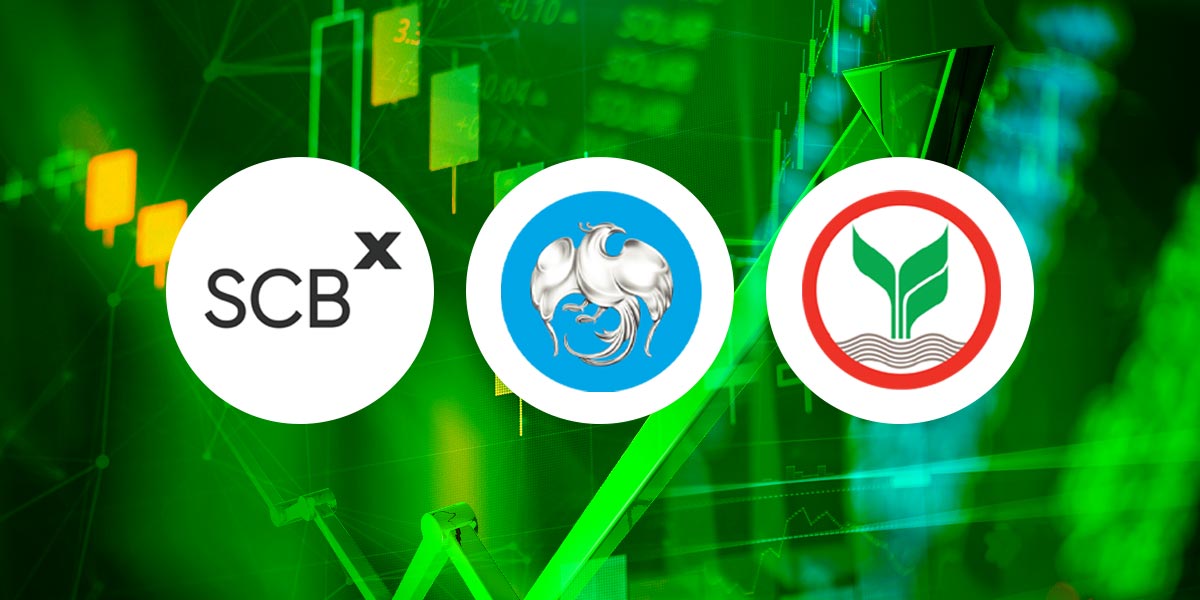Krungsri Securities (KSS) reports that the Thai Cabinet has approved an expansion of the “You Fight, We Help” debt relief program, extending key measures to assist Thai borrowers through September 30, 2025. The move aims to provide additional financial breathing room for individuals and small businesses, while also shoring up the stability of Thailand’s banking sector.
Expanded and New Measures
The “Direct Payment, Asset Retention” program has been broadened to include borrowers with payment arrears exceeding 365 days, as well as those overdue for just 1-30 days if they have previously restructured their debt. The criteria remain consistent: mortgage borrowers with loans below THB 5 million per institution, hire-purchase or car-title loan holders with less than THB 800,000, and SME loans under THB 5 million remain eligible.
The government has also revised the “Pay-Off, Close Case” policy to provide wider coverage. Now, unsecured debts of up to THB 10,000 and secured debts up to THB 30,000 qualify, with an option for borrowers to clear their accounts immediately by paying only 10% of the outstanding amount.
Additionally, a new initiative supports non-performing loan (NPL) borrowers with unsecured debts below THB 50,000 per account. These loans can now be converted into structured term loans, with minimum monthly repayments set at 2% of the balance over three years. Borrowers who meet all repayment terms will benefit from a full interest waiver at the end of the period.
Sector Impact and Stock Opportunities
Authorities estimate these expanded relief programs will benefit more than 1.8 million additional borrowers, or roughly two million accounts, with a combined outstanding debt of THB 310 billion — equating to 1.9% of total household debt. With a total eligible debt pool of THB 890 billion and registrations for THB 520 billion, the scope and impact of these measures are significant.
KSS anticipates a positive sentiment for the banking sector. While net interest income (NII) may face pressure due to the restructuring and waiver programs, this impact should be mitigated by reduced credit costs and improved asset quality. Lower NPL ratios may also spur new lending going forward.
Among Thai banks, those with the highest exposure to eligible loan portfolios are likely to see the biggest benefit. These include Siam Commercial Bank (SCB) with 65% of its loan book qualifying, Krung Thai Bank (KTB) at 57%, and Kasikornbank (KBANK) with 54%. KSS continues to highlight KTB and KBANK as their top picks in the sector.




